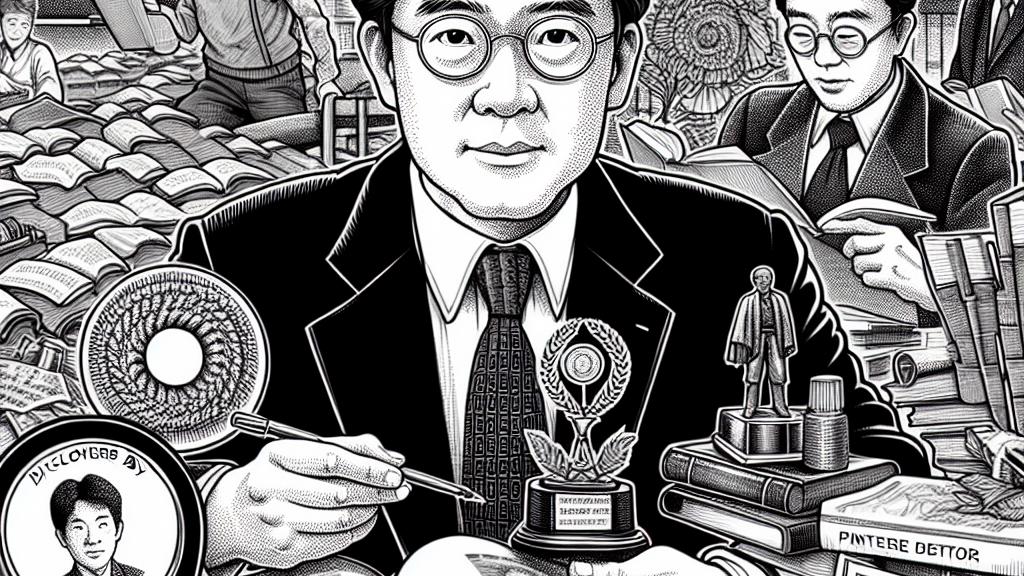The Passing of Literary Critic Kazuya Fukuda: A Conservative Voice
Overview
- Kazuya Fukuda, an esteemed literary critic and prominent conservative commentator, passed away unexpectedly at the age of 63.
- Born in Tokyo in 1960, he garnered significant acclaim for his insightful criticisms that revolutionized the Japanese literary scene.
- In addition to his literary achievements, Fukuda was a charismatic television personality and a respected professor at Keio University, inspiring countless students.

Biography and Career
Kazuya Fukuda entered the world on October 9, 1960, in Tokyo, where his affinity for literature became evident early on. His journey began when he was discovered by the renowned critic Eito Jun, which paved the way for his literary career. Fukuda's first notable work, 'Kyomuna Hai-kyu,' was met with enthusiasm and praise, establishing him as a voice to be reckoned with. In 1993, he won the prestigious Mishima Yukio Prize for 'Nihon no Kakyu,' marking a significant milestone in his career. His exceptional insights continued to shine with the awarding of the Yamamoto Seiji Prize in 2002 for 'Chi Hiraku.' Fukuda’s commitment to shaping young minds was evident in his role as a professor at Keio University, where he encouraged students to seek connections between literature and the broader cultural context.
Literary Contributions
Fukuda's portfolio boasts a wealth of influential works that combine literary analysis with personal reflection. Titles such as 'Showa Tenno' and 'Murakami Haruki's 12 Novels' exemplify his ability to engage with complex themes surrounding Japan's identity and the power of storytelling. His critiques are not just analyses; they offer a vivid lens through which readers can understand the intricacies of literature and culture. For instance, in 'Showa Tenno,' Fukuda deftly navigates the historical contours of Japan's imperial past, while in his examination of Haruki Murakami, he dismantles the layers of postmodern narratives, urging readers to delve deeper into the emotional landscapes created by one of Japan's literary giants. His engaging writing style, peppered with compelling anecdotes and striking imagery, captivated audiences and sparked lively discussions about the nature of literature itself.
Legacy and Impact
The untimely demise of Kazuya Fukuda on September 20, 2024, due to acute respiratory failure, marks a significant void in the literary world. As a familiar face on television, he made complex literary concepts accessible, transforming challenging ideas into engaging conversations. Fukuda’s legacy is one of profound influence; he not only inspired aspiring writers but also initiated critical dialogues about authenticity and artistic integrity. His legacy extends beyond mere scholarship; it is a call to engage with literature thoughtfully and to explore the richness of cultural narratives. As readers revisit his poignant critiques and works, they are prompted not only to appreciate the art of storytelling but also to challenge themselves to think critically and deeply about the world around them. In essence, Kazuya Fukuda's enduring voice will continue to resonate, reminding us of the importance of literary excellence and intellectual courage.

Loading...